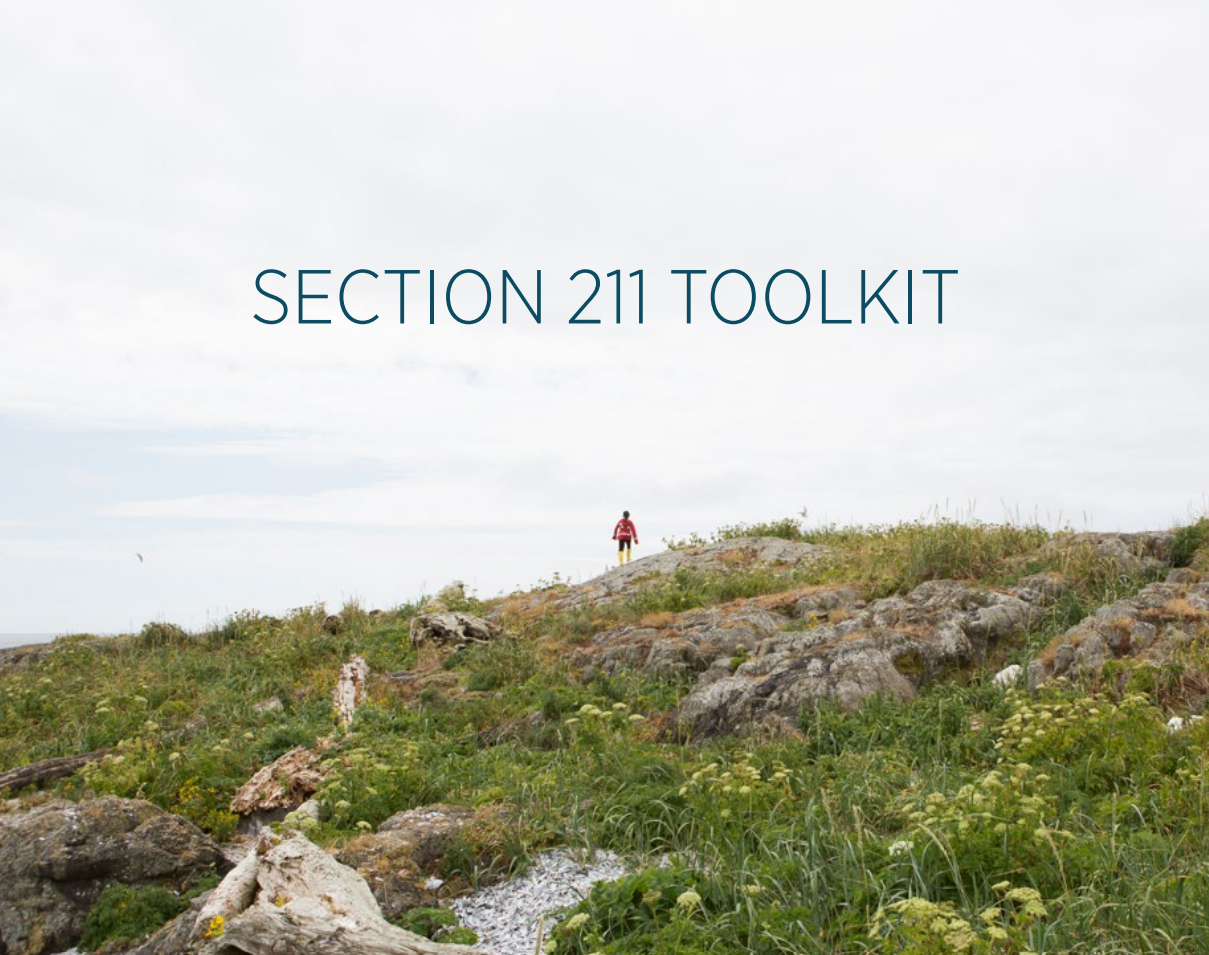Section 211 toolkit
Written by Haley Hrymak and Kim Hawkins
Funded by the Status of Women Canada, now Women and Gender Equality Canada, this toolkit is an output of the research was conducted between June 2017 and May 2020. This toolkit provides an overview of some of the major issues that lawyers may encounter when requesting or responding to psychological reports ordered under s. 211 of the Family Law Act. Section 211 reports (sometimes called “custody and access reports” in other jurisdictions) are frequently ordered in difficult family law cases involving parenting disputes and are intended to provide judges with independent information about the views and needs of children. They are a common feature of BC family law cases and can have important consequences for the participants. This toolkit was developed primarily for lawyers working with women who have experienced family violence, but it may also be useful for lawyers who would like to learn more about s. 211 reports generally.
Part 1 of this toolkit provides an overview of the legal framework that governs s. 211 reports and includes a discussion of how s. 211 reports are entered as evidence.
Part 2 discusses some specific issues that may impact clients who have experienced family violence, with particular reference to a case study of BC s. 211 reports completed as part of this project.
Part 3 provides practice tips and considerations for lawyers before, during, and after s. 211 reports are ordered.
Photography by Melody Charlie
Graphic Report design by Nadene Rehnby

